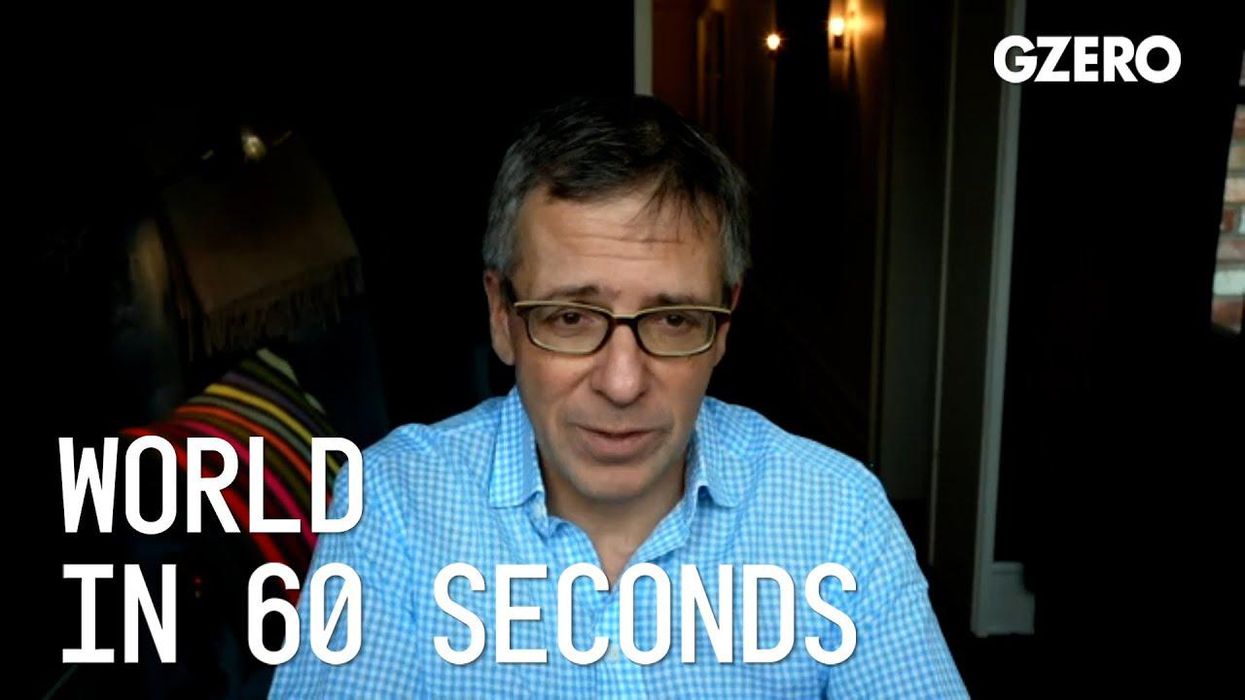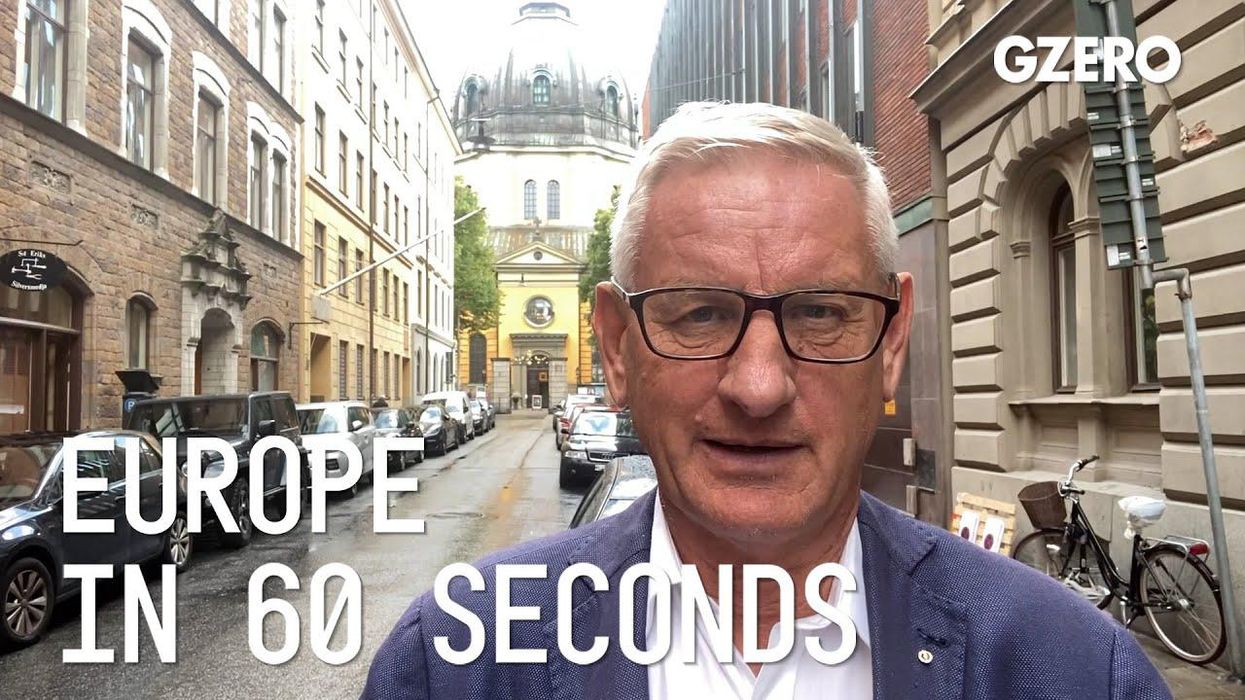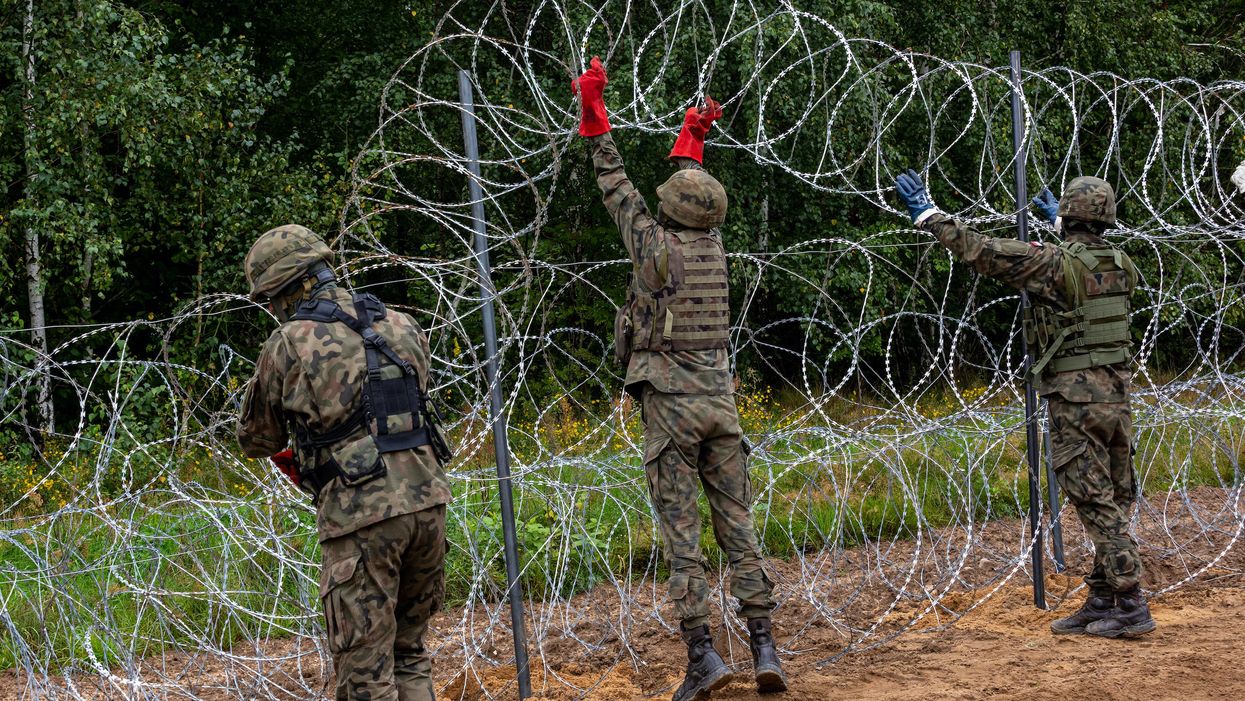ask ian
Russia's actions towards Ukraine are strengthening NATO
How will Russian escalation of Ukraine strengthen NATO? Is omicron the end of the COVID-19 nightmare? What's happening in Burkina Faso and in the region? Ian Bremmer shares his insights on global politics this week.
Jan 25, 2022




